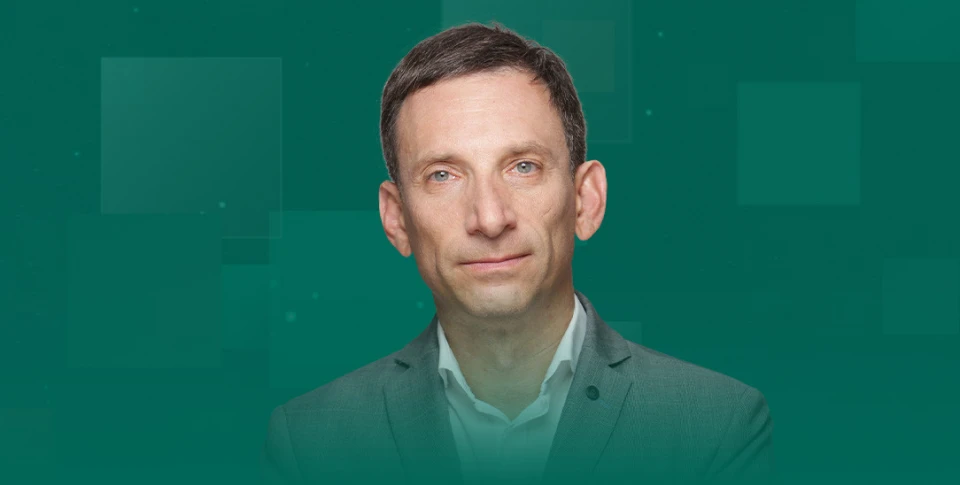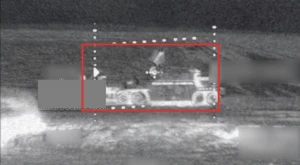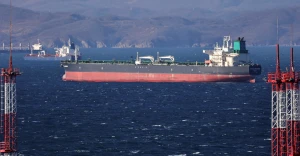
Trump unlikely to strike a deal with Putin. Zelenskyy pushes for NATO
During his visit to Warsaw, Ukrainian President Volodymyr Zelenskyy highlighted the security guarantees Ukraine seeks if the war with Russia comes to an end
Among these guarantees, Zelenskyy pointed to Ukraine's NATO membership, substantial military aid, and support for the Ukrainian army. He also mentioned deploying a peacekeeping contingent along the potential contact line between the two opposing armies. However, Zelenskyy stressed that a single contingent of troops — an idea the U.S. President-elect Donald Trump has spoken about, and one that French President Emmanuel Macron is actively pursuing — would not be enough to guarantee Ukraine’s security. He argued that NATO and EU membership provide far stronger safeguards.
As is well-known, Zelenskyy's stance sharply contrasts with that of Donald Trump and his team. At a recent press conference at Mar-a-Lago, Trump acknowledged Russian President Vladimir Putin’s concerns about Ukraine potentially joining NATO. Trump has also entertained plans, floated before his election, to freeze Ukraine’s NATO membership for the next 10 or even 20 years.
At the same time, Zelenskyy's position also directly opposes that of Vladimir Putin. Putin, for his part, rejects any truce unless it involves "lasting peace" with Ukraine. To Moscow, this means Ukraine’s demilitarization and formal recognition of Russian control over occupied Ukrainian regions. Putin insists that Ukraine's NATO membership shouldn’t just be delayed — it should be permanently off the table, noting that 10 or 20 years are insignificant in the grand scheme of history.
So, neither Zelenskyy’s position aligns with Trump’s plans, nor does it resonate with Putin’s demands. This only underscores the complex challenge awaiting the incoming U.S. president.
Trump now appears far more pragmatic than during his election campaign, when he confidently promised to end Russia's war against Ukraine within 24 to 48 hours of taking office.
It remains unclear when, or even if, a meeting between the U.S. president-elect and Russia's president will happen. And whether such a meeting would lead to any tangible progress on the Russian-Ukrainian war is anyone’s guess. Meanwhile, Zelenskyy, speaking from Poland, has mentioned that his team is preparing for a meeting with Trump as well.
From a logical standpoint, it seems crucial for the new U.S. president and Ukraine's president, or at least their respective teams, to meet and align on a joint strategy for ending the war before any conversation between Trump and Putin takes place.
That said, it’s clear Trump operates on his own logic, which may not align with Ukrainian expectations. He might believe that a direct discussion with Putin could radically change the situation, especially if he convinces the Russian leader to end the war on terms that would let Trump save face. On the other hand, the likely outcome of such talks can already be anticipated. Without prior coordination between Washington and Kyiv, no cohesive stance on security guarantees for Ukraine is likely to emerge, even if the war pauses or ends.
It’s absolutely obvious that Trump is unlikely to reach a genuine agreement with Putin. For Putin, simply meeting the U.S. president is a perceived sign of weakness on Washington’s part. This would embolden him to escalate demands, creating more conditions that would be unacceptable or unachievable for the U.S.
In light of this, preparations for a Trump-Zelenskyy dialogue are essential, whether it occurs before or after Trump’s potential talks with Putin.
The security guarantees Zelenskyy is demanding must have the backing of Kyiv's European partners. That’s why it’s critical for him to align his approach with European leaders. It’s no coincidence these guarantees are being discussed in Warsaw, as Polish Prime Minister Donald Tusk raises concerns about Europe’s new challenges, particularly Russia’s use of hybrid terror to pressure the West into pulling support for Ukraine during the ongoing Russian-Ukrainian war.
The timing of NATO’s announcement of a new operation to secure the Baltic Sea, just ahead of Zelenskyy’s visit to Poland, speaks volumes. With the threat of hybrid attacks from Russia and China along this key route, and past incidents already on record, tensions in Europe are clearly escalating. Relations between European nations and Russia are deteriorating further, and European leaders are increasingly aware of the risks Europe faces, especially if U.S. pressure on Moscow eases or Washington opts for side deals with Putin, bypassing not only Ukraine’s but also Europe’s interests.
A united diplomatic effort to articulate Ukrainian and European positions to Donald Trump and his team could be crucial. Considering their uncertainty over handling the Russian-Ukrainian war, this could help the new U.S. administration and its diplomatic corps shape more pragmatic strategies for confronting the Kremlin in the years ahead.
About the author. Vitaliy Portnykov, journalist, Ukraine's National Shevchenko Prize laureate
The editorial staff does not always share the opinions expressed by the blog authors.
- News












































